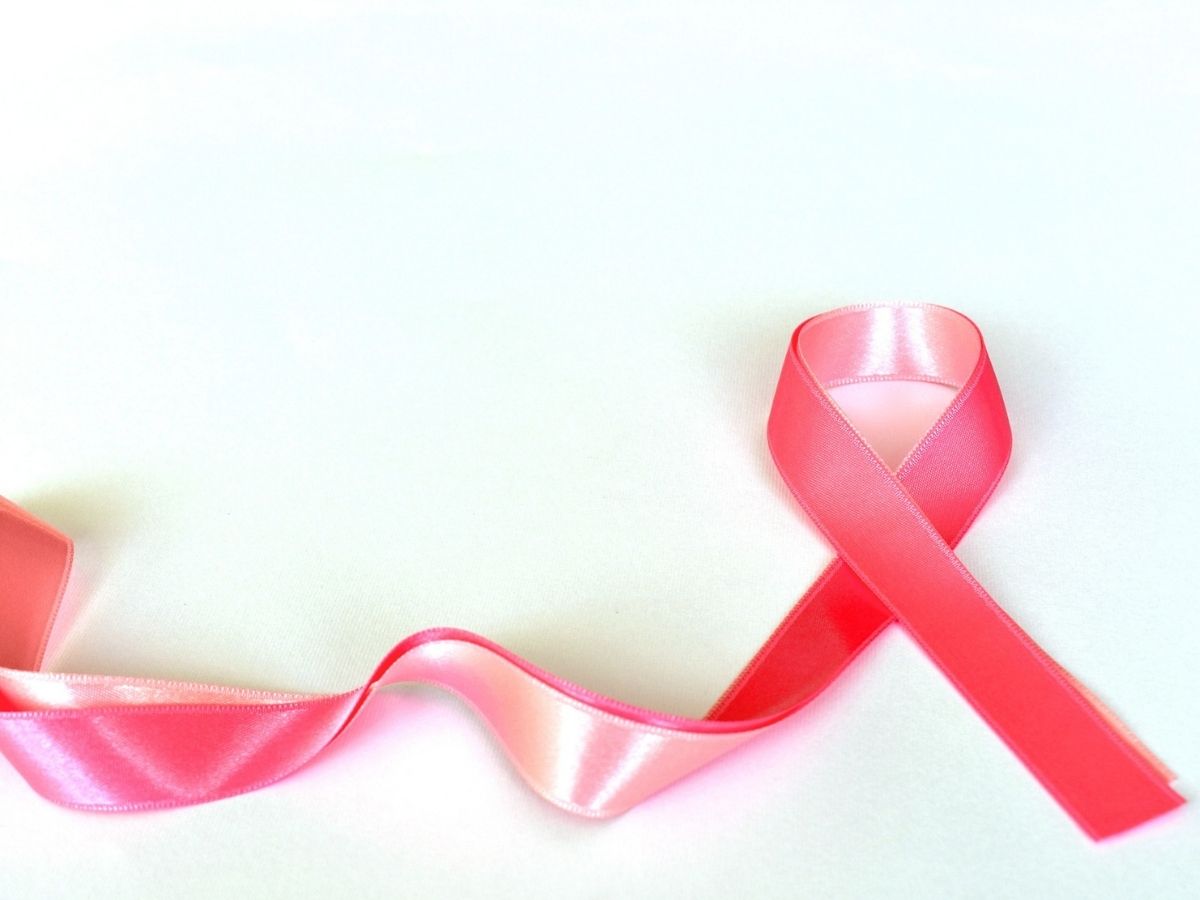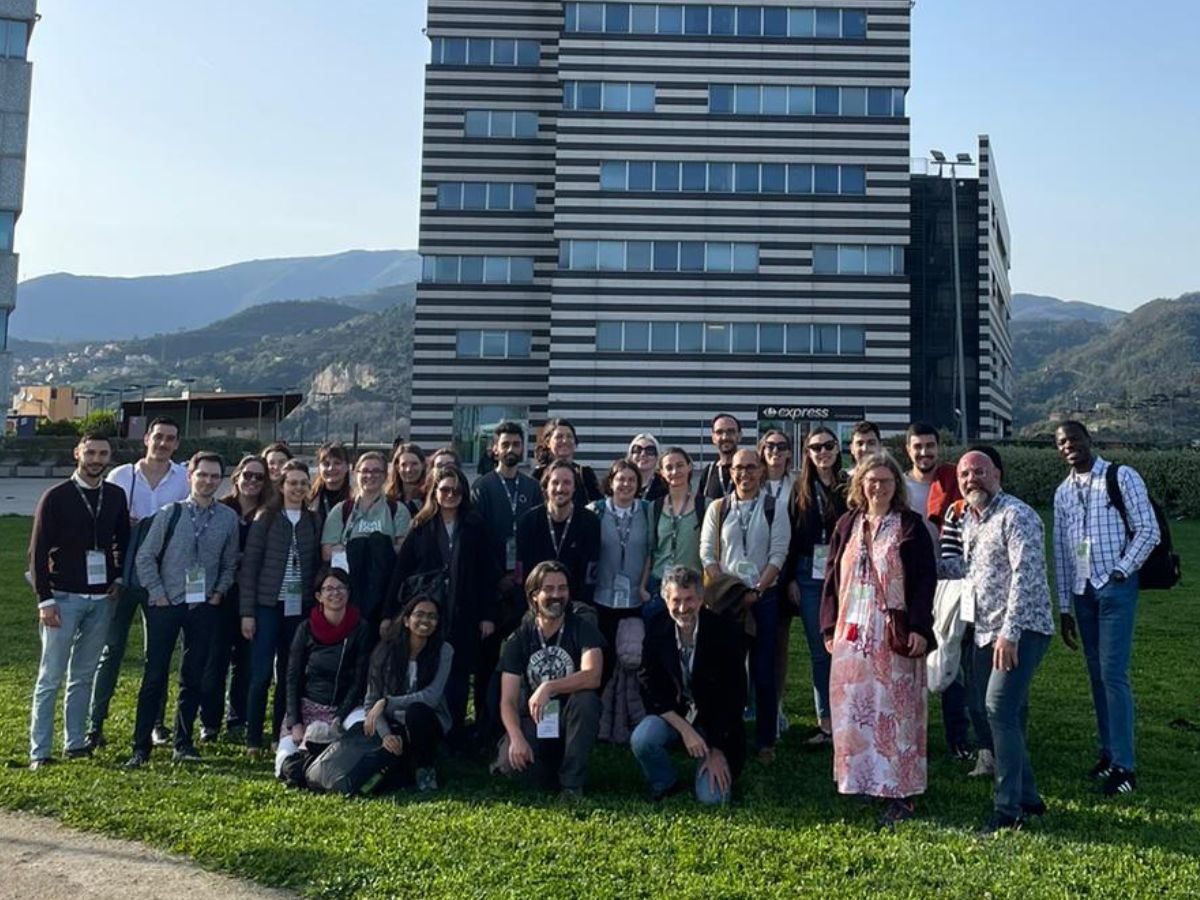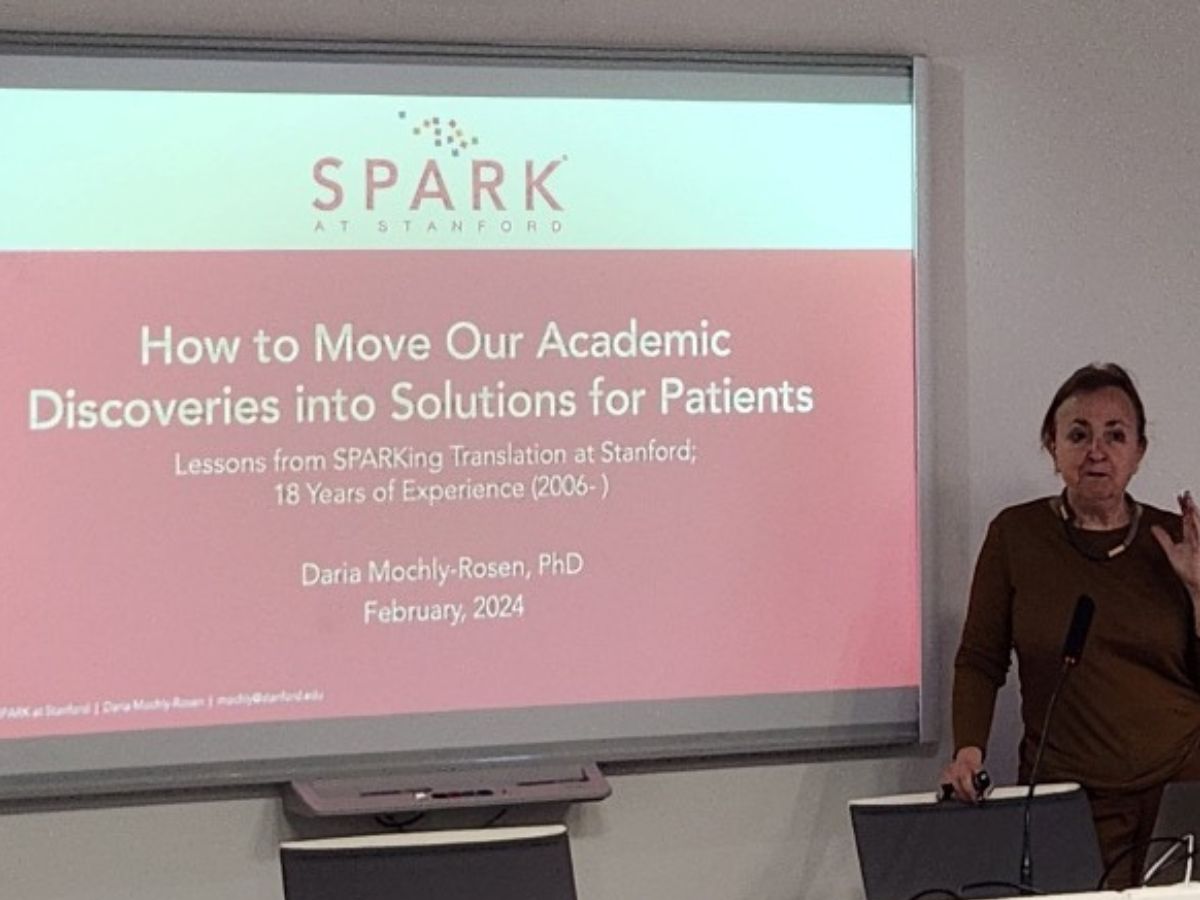The ‘genomic revolution in healthcare’ is at a turning point.
The ‘genomic revolution in healthcare’, the use of data derived from the complete analysis of an individual’s DNA to improve diagnostics and treatment prospects, has reached a turning point in Italy, at least for some women affected by cancer. With the Decree dated 7 July 2021, the Ministry of Health allocated 20 million over three years to protect women’s health, enabling patients with specific clinical features to be given the possibility of personalised and more effective treatments based on the information contained in their DNA.According to some oncological specialist representatives at the ESMO (European Society for Medical Oncology) congress, today, three months after the release of these funds, there are still five Regions that have yet to implement and integrate the Decree’s provisions into their health systems. The last of these, which complied with the measures only on 24 September, was Piedmont, which estimated an expenditure of €1.6 million dedicated to over 800 patients a year.According to the latest report ‘I numeri del cancro in Italia 2020’ (The 2020 figures for cancer in Italy) published by AIOM-AIRTUM (Associazione Italiana di Oncologia Medica & Associazione Italiana Registri Tumori, the Italian Association of Medical Oncology and the Italian Association of Tumour Registries), last year 55,000 women were diagnosed with breast cancer. Although it is still the most common cancer in women, accounting for 30.3% of all cases, it is also one of the most curable, with a survival rate of about 9 out of 10 women (89%) five years after diagnosis. This last figure is particularly interesting when compared, for example, with that of colorectal cancer, which ranks second in the frequency of female cancers (11.2% of the total), for which the same percentage is 24 points lower at 65%, or just over 6 in 10.There are many factors that can have an effect on these figures: the most significant are undoubtedly the increase in early diagnosis as a result of the improvement and wider use of screening techniques, greater attention and awareness amongst citizens regarding the theme of prevention, and a concomitant improvement in treatment options. AIOM data confirms the excellent results of cancer prevention campaigns, which have improved the life expectancy of patients diagnosed with cancer by 37% over the last 10 years, while also reducing the overall mortality rate, which fell by 4.2% in women in 2020 compared to 2015.In contrast with the by-now distant events of 2013, when Oscar-winning superstar Angelina Jolie shocked public opinion by becoming one of the first ‘testimonials’ to raise awareness of the prevention of female cancers through the use of information provided by genetic testing, the fight against breast cancer has drastically changed. According to the AIOM Foundation’s publication on breast cancer, early diagnosis has led to a 40% reduction in mortality among women who signed up for screening. Particularly in the younger generations, there is a new, growing awareness and attention to the body, created in part by the construction of a ‘prevention culture’ and also by the availability of new cutting-edge diagnostic technologies that are increasingly precise, accessible on a large scale at least in Italy, and funded by the SSN (Servizio Sanitario Nazionale, National Health Service).Now, in 2021, we have reached another important chapter in the story: for women diagnosed with early-stage hormone-responsive breast cancer, which can be treated using hormone therapy, genomic analysis will be available throughout the country, funded by the National Health Service, and it can be prescribed by multidisciplinary teams in special Breast Centres designated by the Regions. This type of analysis is particularly useful for patients for whom there are clinical doubts about whether to perform post-operative chemotherapy in combination with hormone therapy. In fact, in situations of diagnostic uncertainty, the information obtained from DNA sequencing could make a real difference to treatment for the disease, making it possible to avoid chemotherapy cycles and taking alternative pharmacological approaches – more effective and tailored to each individual’s unique characteristics – into consideration.





